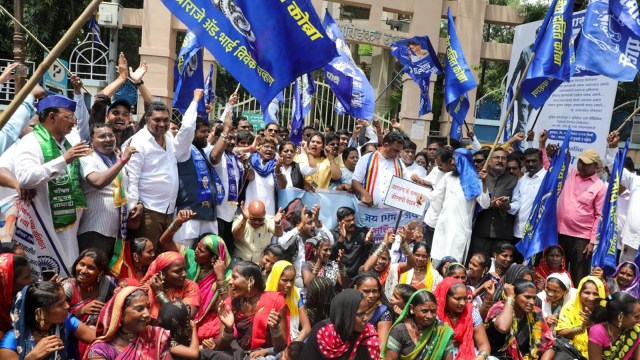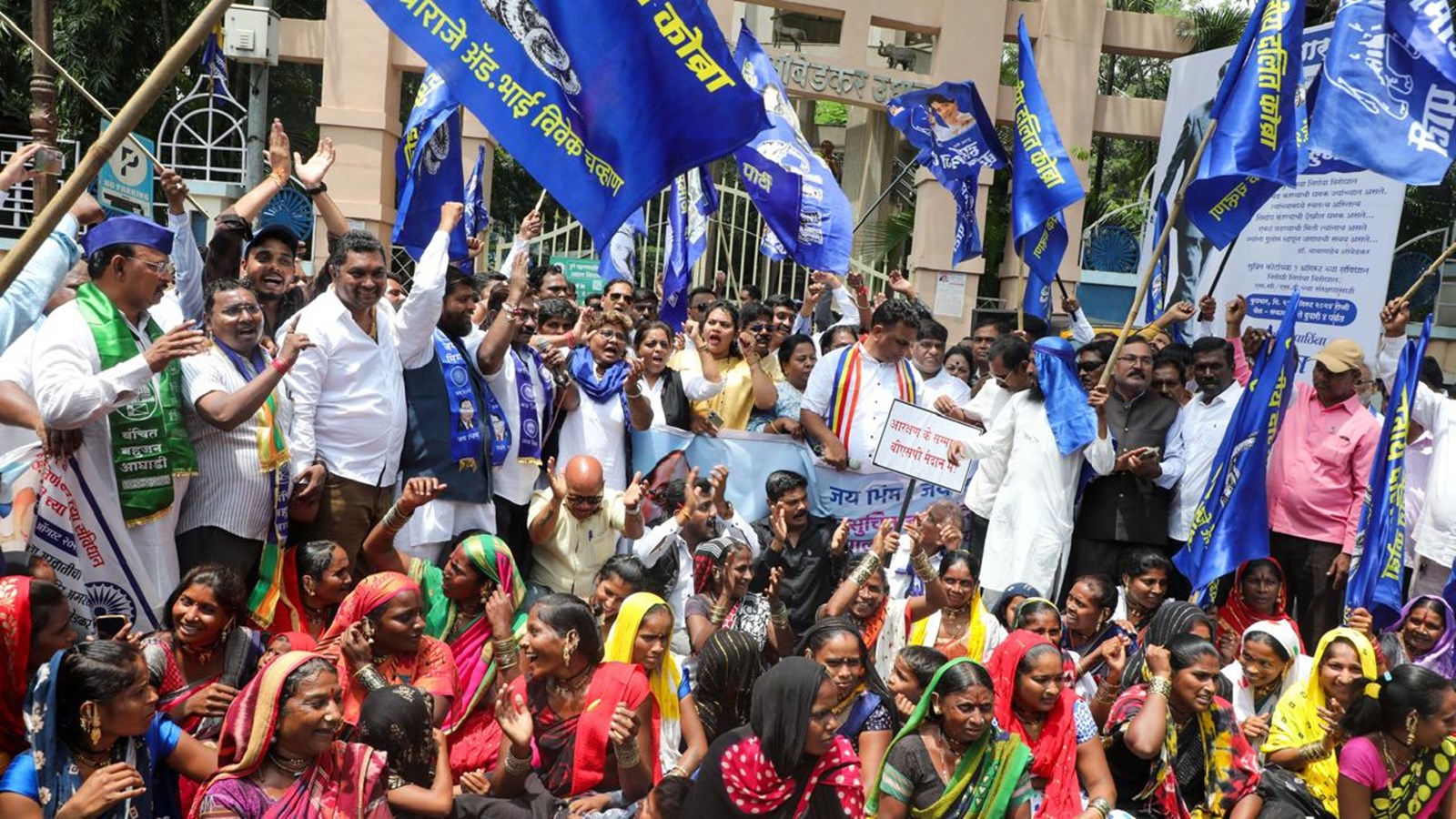
The Gramscian theory of hegemony recently played out in front of us when an advertisement for lateral entry into UPSC for 45 posts (director, secretary, and joint secretary) without any provision for reservation was aired. The lack of reservation will deny us a place in decision-making bodies, and again, we will be reduced to mere beneficiaries. Reservation ensures our presence alongside the “dominant few” to make social institutions more inclusive. The advertisement does not align with the Indian ethos of antyodaya — the emancipation of the last person in the line by creating a conducive system for their empowerment and representation in the bureaucracy, government, and judiciary. We have been able to break glass ceilings in electoral politics. But the other two domains of power still remain elusive for Dalits and the marginalised.
The advertisement states that the UPSC is looking for “talented and motivated Indian nationals willing to contribute towards nation building.” It can be argued that applicants from all castes are free to apply and will be judged purely on merit. But, as we have seen, wherever posts are filled sans quota, invariably, candidates from Dalit and ST communities are overlooked, the implication being that there is a lack of “merit”. Why?
At a time when we are striving to own our cultural narratives and write our own histories, advertisements like this dampen the community’s morale. If our people are not represented at the top, how will we create an ecosystem to bank on, who will hear our woes and counter the repetition of the so-called “merit” myth?
Lateral entry in UPSC, on paper, looks like a good move: Bring in new and diverse perspectives, new approaches to developing nuanced understanding of issues at hand, and reflect a transition from traditional modes of governance. It will bring in technical experts. The question is: Who are these experts? How does one define technical experts? Who are domain experts? Do they belong to the same caste, one family, one segment of society? And if we are still not able to locate domain experts from the SC and ST community, the government should revisit the reservation policy and remedy that.
When hiring for these posts, interviewers must have a clear mind, or wear a veil of ignorance; they must separate themselves from their social positions and/or caste location. Only then can they do justice to the recruitment process. Even then, assessing the social composition of those recruited should be standard practice. This way, there will be interventions to remedy the social inequality that inevitably permeates all spaces.
The Supreme Court’s verdict on the sub-classification within the SC and ST community for reservation saw wagons of social justice messiahs coming out in support because it was meant to ensure that the benefits trickle down to the most marginalised. But is this advertisement not in direct conflict with the notion of social justice? Social justice is not only about equal opportunities; it is also about equality in opportunities — political, economic and administrative. Reservation guarantees the democratisation of the recruitment process. The introduction of lateral entry in UPSC will undermine this. The representation of the ST and SC communities at these levels is already abysmal. Reservation allows for a fair chance at opportunity when our starting point is different and affected by our caste location. Reservation is not just about equitable and redistributive justice — it is also a challenge to the hegemonic monopolisation of power.
Indian academia is plagued by the “Not Found Suitable” condition. This rampant declaration of NFS reflects the deep-seated structural partisanship and unevenness in Indian society. Even a single seat being declared NFS should compel us to question: How many of us are professors and VCs in central and state universities?
A redressal committee to investigate why a seat has been declared NFS is needed. Until we have transparency and accountability, this practice will further distance us from knowledge creation and production. The committee should review candidate rosters during recruitment to ensure a just process without any preconceived notions. Clear criteria need to be set: Who is eligible for what post? What are the degrees required? What qualifies someone as a domain expert? There should be a provision beyond the 13-point roster system to ensure participation of people from marginalised communities in the lateral entry category. With a wave of multilateralism across the world, from G20 to BRICS, there is a need to shift to more creative and inclusive dialogue. In the era of multilateralism, we need to move away from lateral-ism — whether in recruitment, representation or reservation.
The writer is assistant professor of Sociology, Lakshmibai College, Delhi University
© The Indian Express Pvt Ltd
First uploaded on: 21-08-2024 at 19:37 IST



